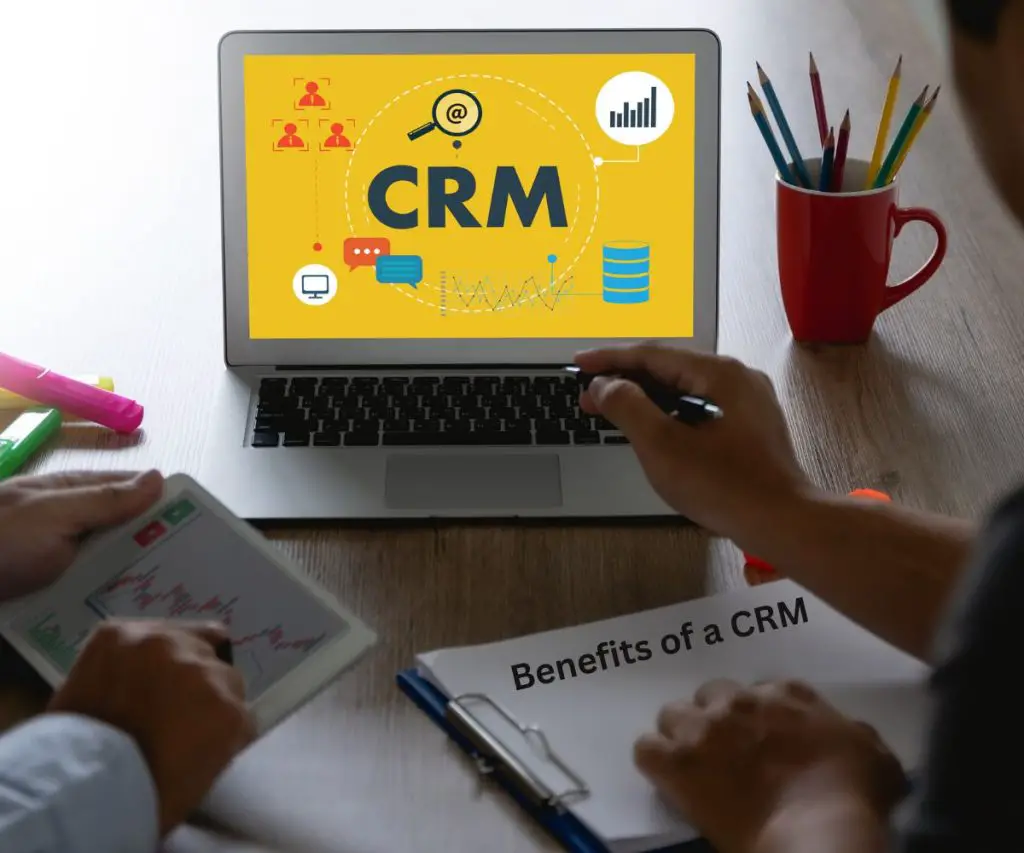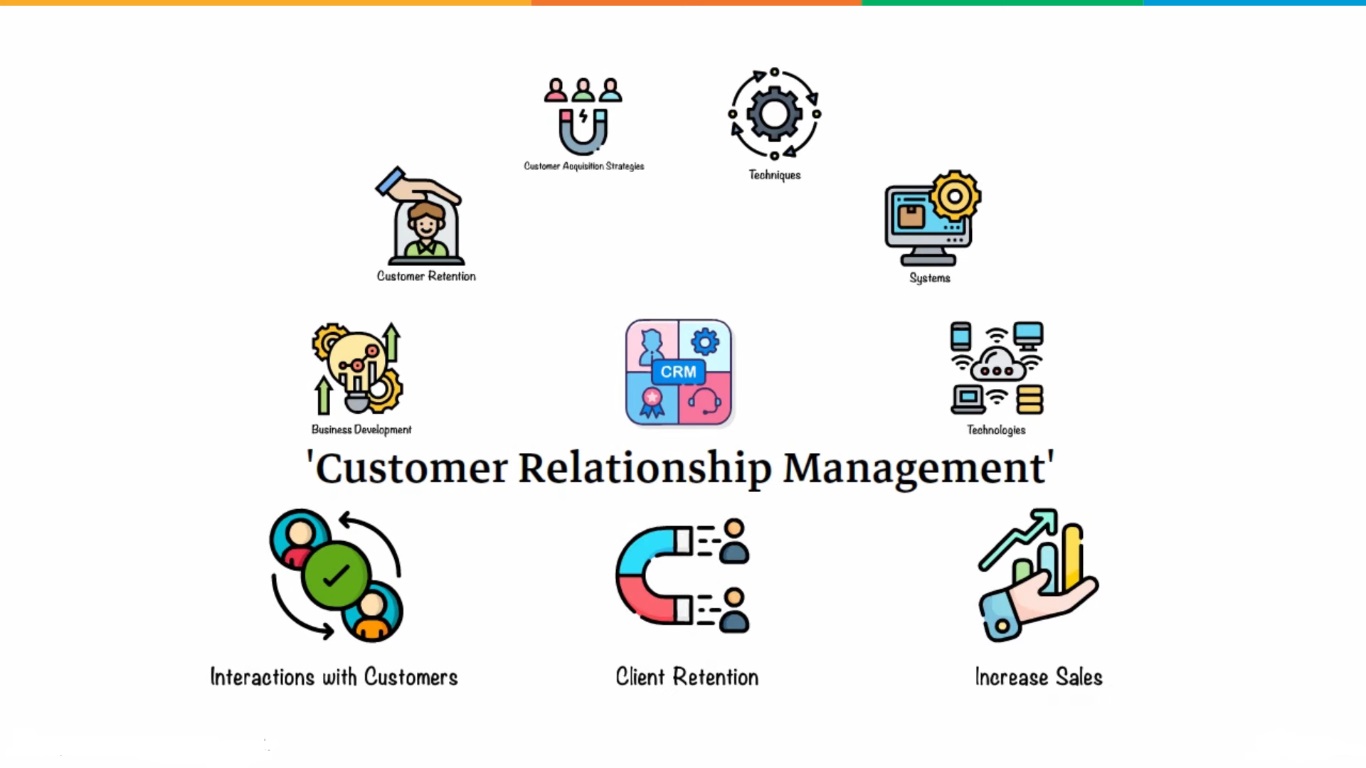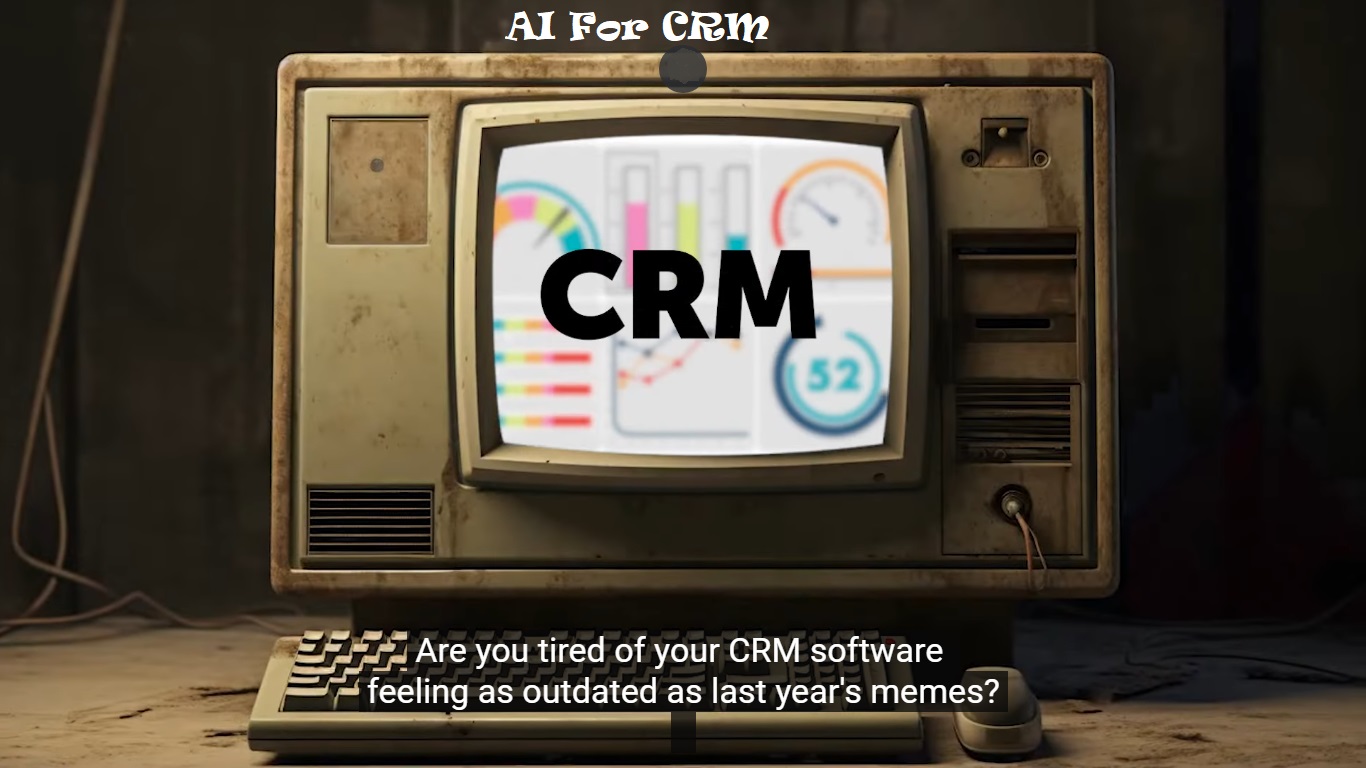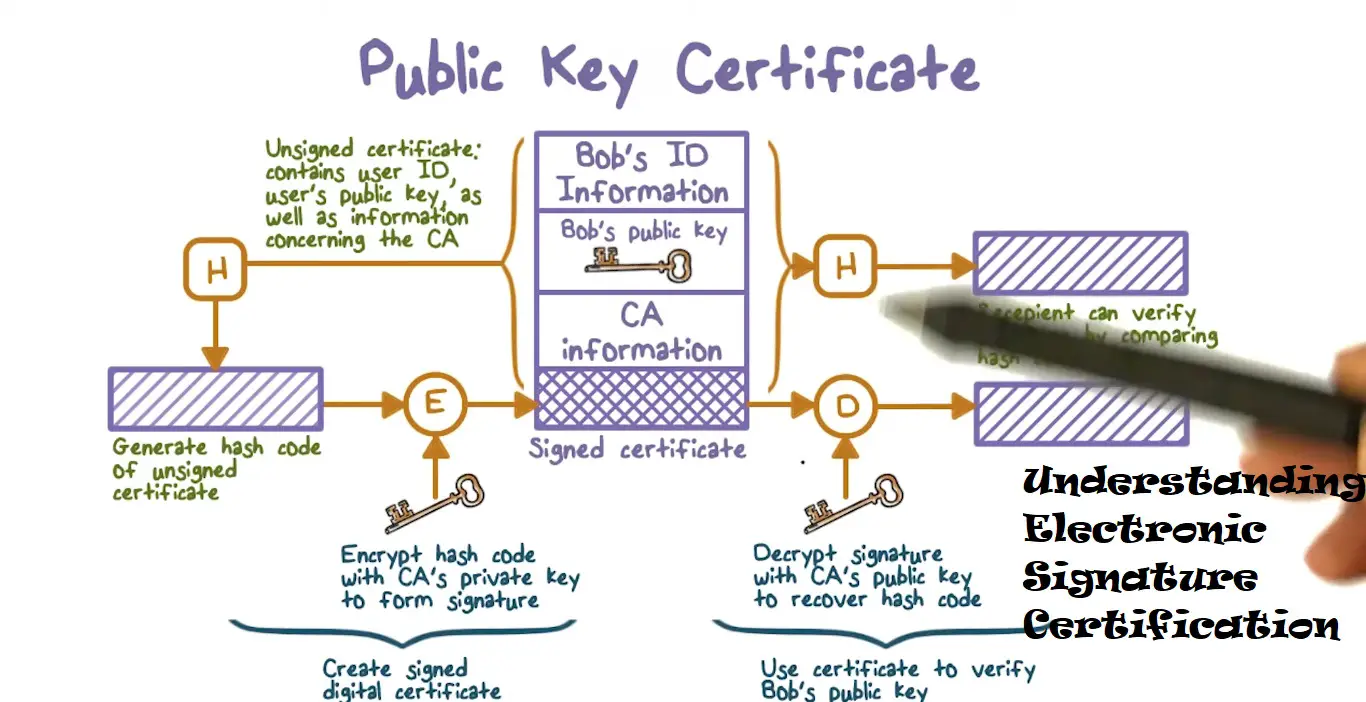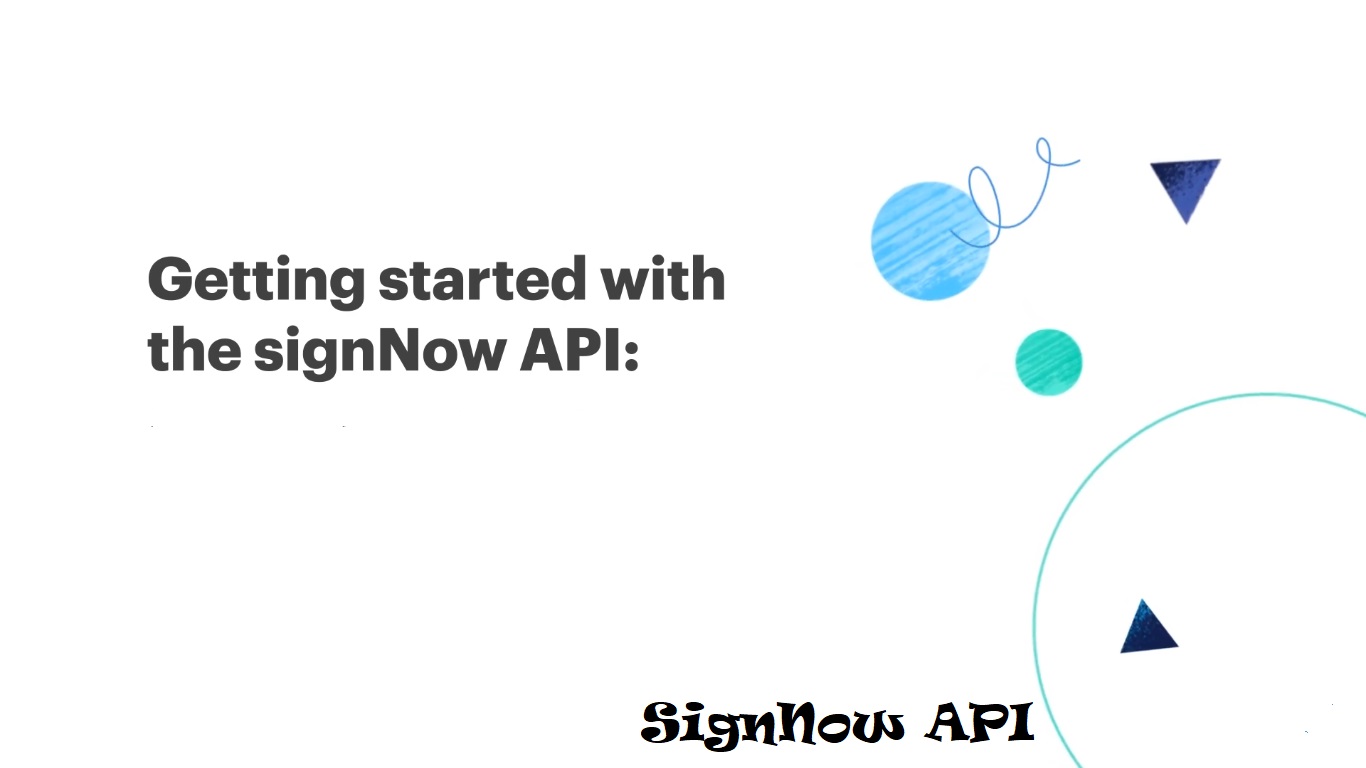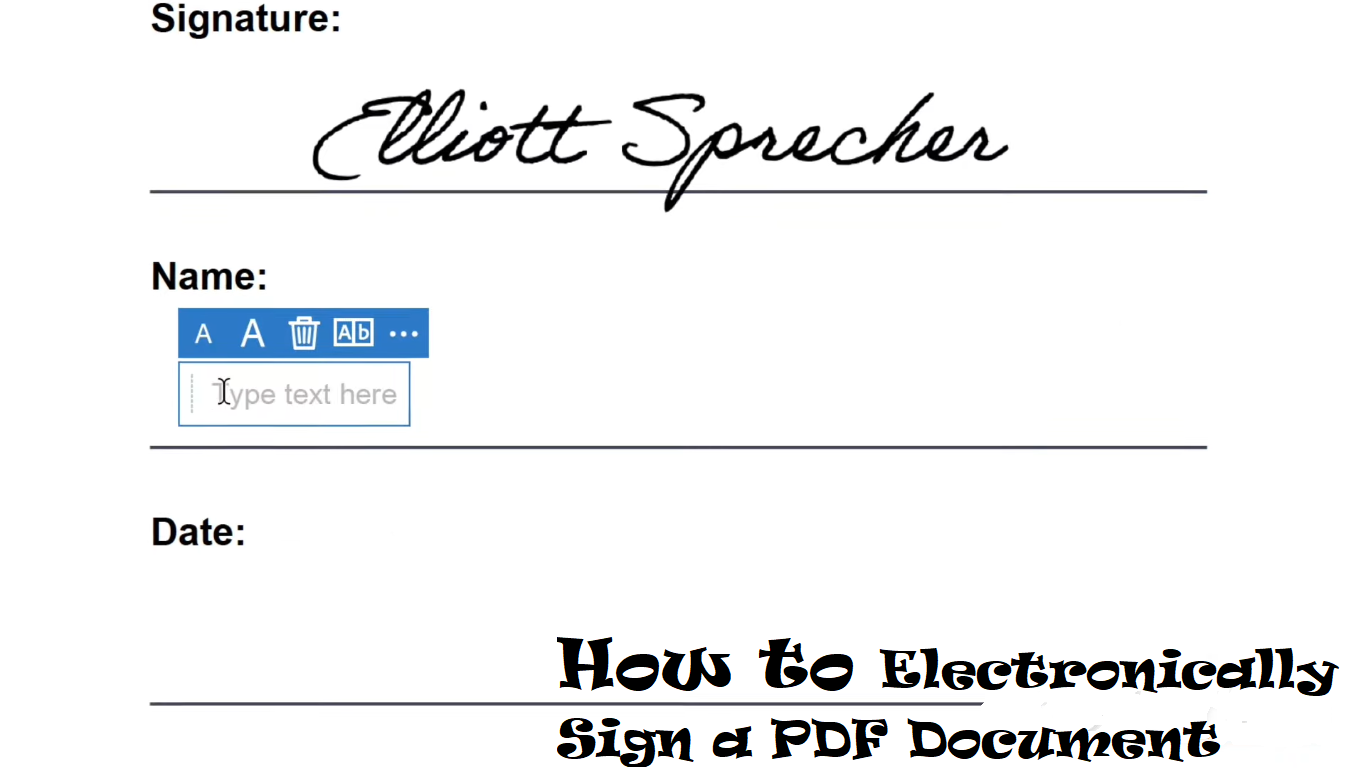Introduction
Field service management (FSM) software has become a vital tool for businesses that provide on-site services, such as maintenance, repairs, and installations. FSM software helps manage field operations efficiently, improving productivity, customer satisfaction, and overall business performance. Let’s explore the benefits of field service management software and how it can transform your business operations.

What is Field Service Management Software?
Field service management software is a platform that helps businesses manage and coordinate their field operations. It typically includes features for scheduling and dispatching technicians, tracking work orders, managing inventory, and providing real-time updates.
Key Benefits of Field Service Management Software
- Improved Scheduling and Dispatching: FSM software optimizes the scheduling and dispatching of field technicians, ensuring that the right person is sent to the right job at the right time.
- Enhanced Productivity: By automating various field service tasks, such as work order management and route optimization, FSM software helps technicians complete more jobs in less time.
- Better Inventory Management: FSM systems track inventory levels and usage, ensuring that technicians always have the necessary parts and tools to complete their tasks.
- Real-Time Updates: Provides real-time updates on job status, technician location, and other critical information, allowing managers to make informed decisions quickly.
- Improved Customer Satisfaction: Faster response times, accurate job tracking, and efficient service delivery lead to higher customer satisfaction and loyalty.
- Enhanced Communication: FSM software facilitates better communication between field technicians, office staff, and customers, ensuring that everyone is informed and aligned.
- Data-Driven Insights: Offers analytics and reporting tools that provide insights into field operations, helping businesses identify areas for improvement and optimize performance.
Specific Advantages for Different Business Functions
- Technicians: FSM software provides technicians with all the information they need, such as job details, customer history, and inventory availability, improving their efficiency and effectiveness.
- Dispatchers: Automates scheduling and dispatching processes, reducing manual errors and ensuring optimal allocation of resources.
- Managers: Offers real-time visibility into field operations, enabling managers to monitor performance, address issues promptly, and make data-driven decisions.
- Customers: Enjoys faster and more reliable service, with accurate updates on job status and timely completion of work.
How to Implement Field Service Management Software
- Assess Your Needs: Identify the specific challenges and requirements of your field service operations.
- Choose the Right FSM Software: Research different FSM solutions and select one that meets your business needs and budget. Popular options include ServiceTitan, FieldEdge, and Jobber.
- Plan the Implementation: Develop a detailed plan that outlines the steps for implementing the FSM system, including data migration, system configuration, and user training.
- Train Your Team: Ensure that all users are trained on how to use the FSM software effectively. Provide ongoing support and resources to help them get the most out of the system.
- Monitor and Optimize: Continuously monitor the performance of the FSM software and make adjustments as needed to optimize its use and ensure it meets your business goals.
FAQs
Q: Is FSM software suitable for small businesses?
A: Yes, FSM software can benefit businesses of all sizes by improving efficiency, reducing costs, and enhancing customer satisfaction.
Q: How does FSM software improve technician productivity?
A: FSM software automates scheduling, provides real-time updates, and ensures that technicians have all the information and tools they need, allowing them to complete more jobs efficiently.
Q: Is it difficult to implement FSM software?
A: The complexity of implementation can vary, but with proper planning and support from the software provider, the process can be smooth and manageable.
Conclusion
Field service management software is a powerful tool that can significantly enhance your field operations and customer satisfaction. By improving scheduling, enhancing productivity, and providing real-time updates, FSM software helps businesses deliver exceptional service and optimize their performance. Invest in the right FSM software to take your field service operations to the next level and achieve greater success.

